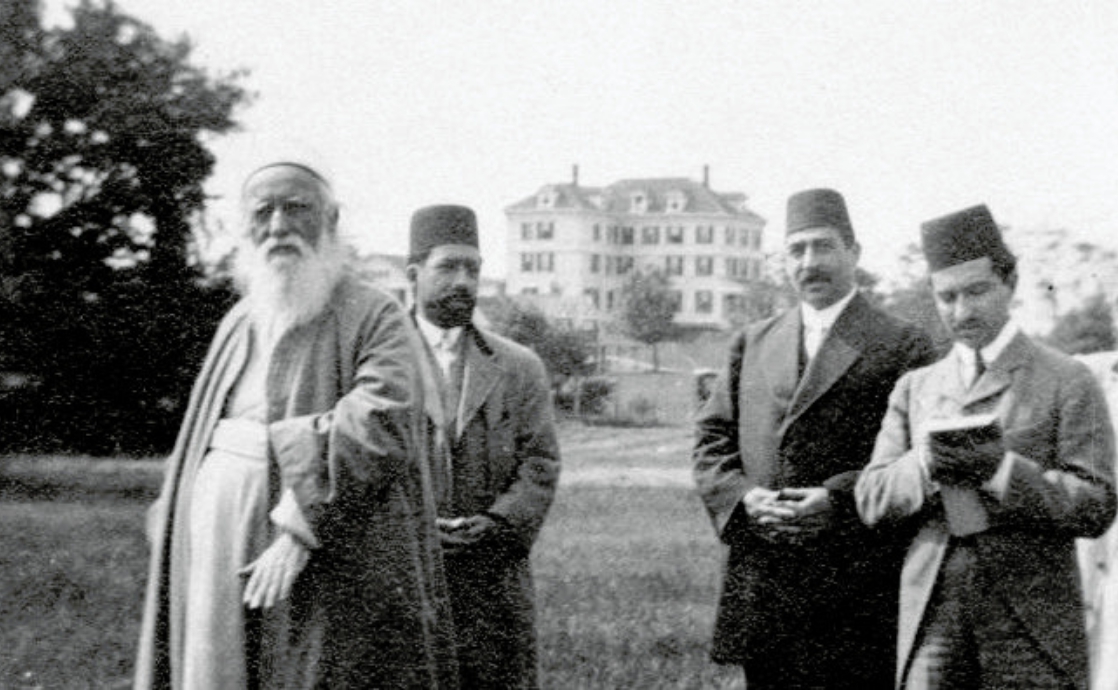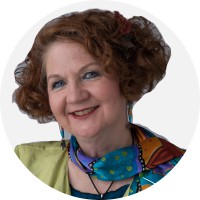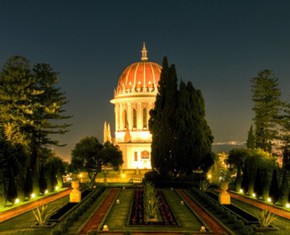The views expressed in our content reflect individual perspectives and do not represent the authoritative views of the Baha'i Faith.
Worldwide, Baha’is and others are coming to understand the person of Abdu’l-Baha more clearly as we observe the 100th anniversary of his passing. Who was this man, and what did he offer to humanity?
How might learning about his life impact us? How could we embark upon such a study, and what would we gain from it in terms of solving the problems of the world today?
RELATED: The Astounding Life of Abdu’l-Baha
As the son of Baha’u’llah, the prophet and founder of the Baha’i Faith, Abdu’l-Baha experienced a lifetime of imprisonment and banishment. He was finally released in his mid-sixties, and then made historic travels to Egypt and the West, astonishing people from all walks of life with the breadth of understanding he shared and the example he set.
When visiting Montreal in 1912, Abdu’l-Baha himself said: “… the value and greatness of these travels are not known now but will be apparent later on.” Now, more than a century since then, many have contemplated what he did and said during his life. Millions have wondered where he went, whom he met, and how he inspired people to think differently – and clearly, the significance of his travels has become more apparent.
Yet there is so much more to find out and understand about this unique personage!
One way to learn about Abdu’l-Baha is to read the reports of those who actually met him. Research on the part of many scholars has brought to light some of the great accounts of his meetings with various individuals, as well as the insights and details contained in newspaper and magazine articles. A recent compilation, Ambassador to Humanity: A Selection of Testimonials and Tributes, by Robert Weinberg, offers many of those accounts.
Horace Holley, a poet, essayist, and art dealer who met Abdu’l-Baha in France notes that:
Future historians will give Abdul Baha’s journey the detail and the reflection it deserves; but a mere outline … reveals even now something of its unique importance. “Ambassador to Humanity” was the expression used by one present at an address in Washington, and this title is perhaps as descriptive as any to hand. But how different the mission, how different the method, how different the man! … In Abdul Baha we have a mirror focusing all that is most significant, suppressing all that is irrelevant, of our time.
Muhammad Yazdi, a Persian who settled in Alexandria, Egypt, spoke of Abdu’l-Baha in these words:
The life of Abdu’l-Baha is simple; his attitude is humble; his needs are very few …. All through his life his sole purpose and aim has been to spread the fragrances of God, to … sacrifice himself for the good of the world. He has done all these; nay, rather, his services to man cannot be measured by any criterion. His life, like unto a tempestuous sea, is ever in motion, casting pearls of significance and truth upon its shore. Humanity owes to him a debt that can never be paid with money or gratitude.
Baha’is attempt to repay this spiritual debt by striving to emulate Abdu’l-Baha’s example.
Mary Hanford Ford, a writer, lecturer, and advocate of women’s suffrage, was with Abdu’l-Baha during his journeys in Europe and North America and wrote a book about him called The Oriental Rose. She wrote:
Abdul-Baha is like a great magnet drawing together the noblest forces of nations and individuals. He is purely synthetic, not analytic, and his cohering power is enormous – he focalizes the temperament of every listener. The stimulus of his presence in this way is something quite indescribable …. The effect of this electric presence was that of clear and prodigious thinking which swept away like cobwebs all trivialities of sect and disunion, and pierced through to the divine harmonies which unite one to God and his neighbour. Everyone who listened to Abdul-Baha must have realized that this … was a spiritually endowed messenger whose message touched all mankind, who came out of prison to remind men of the mighty lessons God has spoken to lift us out of barbarism and cruelty from war to peace, and that in this day we must follow even the letter of these heavenly lessons.
But such descriptions did not only come from those who “followed” him. Yone Noguchi, a Japanese writer of poetry, fiction, essays and literary criticism, wrote:
I have heard so much about Abdu’l-Baha, whom people call an idealist, but I should like to call him a realist, because no idealism, when it is strong and true, exists without the endorsement of realism. There is nothing more real than His words on truth. His words are as simple as the sunlight; again like the sunlight, they are universal … No Teacher, I think, is more important today than Abdu’l-Baha.
RELATED: Abdu’l-Baha: Gone from Our Midst for a Hundred Years
Ezra Pound, an American poet and one of the most influential figures in modernist literature, met Abdu’l-Baha in both London and Paris.
I met the Bahi [Abdu’l-Baha] yesterday, he is a dear old man. It’s more important than Cezanne, & not in the least like what you’d expect of an oriental religious now. At least, I went to conduct an inquisition & came away feeling that questions would have been an impertinence.
Pound later recalled his encounter with Abdu’l-Baha in one of his Cantos poems.
Richard Dimsdale Stocker, a writer and member of the Ethical Movement, met Abdu’l-Baha on several occasions and wrote an article for The Ethical World:
What a force lies in the personality of Abdul Baha! Rarely, if ever, have I beheld one so imbued with truth and grace as this man. Seldom or never have I been more profoundly affected than when, in taking leave of me at our last interview, he embraced and kissed me in oriental fashion and charged me that my life should be fruitful – an influence for good – a means of aiding and uplifting others. Never perhaps before had I so well realized as then the infinity of the human soul, or the incomprehensible potency of its appeal. The personality of Abdul Baha was, and remains, a mighty mystery to me. All men are wonderful. But this man seems to include so much. And when we reflect upon his significance, he becomes more wonderful still.
Those of us who yearn to learn more about Abdu’l-Baha’s life have experienced that feeling, too – he becomes “more wonderful still” as we read these various accounts. These statements by journalists, professors, activists, and theosophists each give us a new lens through which we can see him a little more clearly.
















Comments
Sign in or create an account
Continue with Googleor